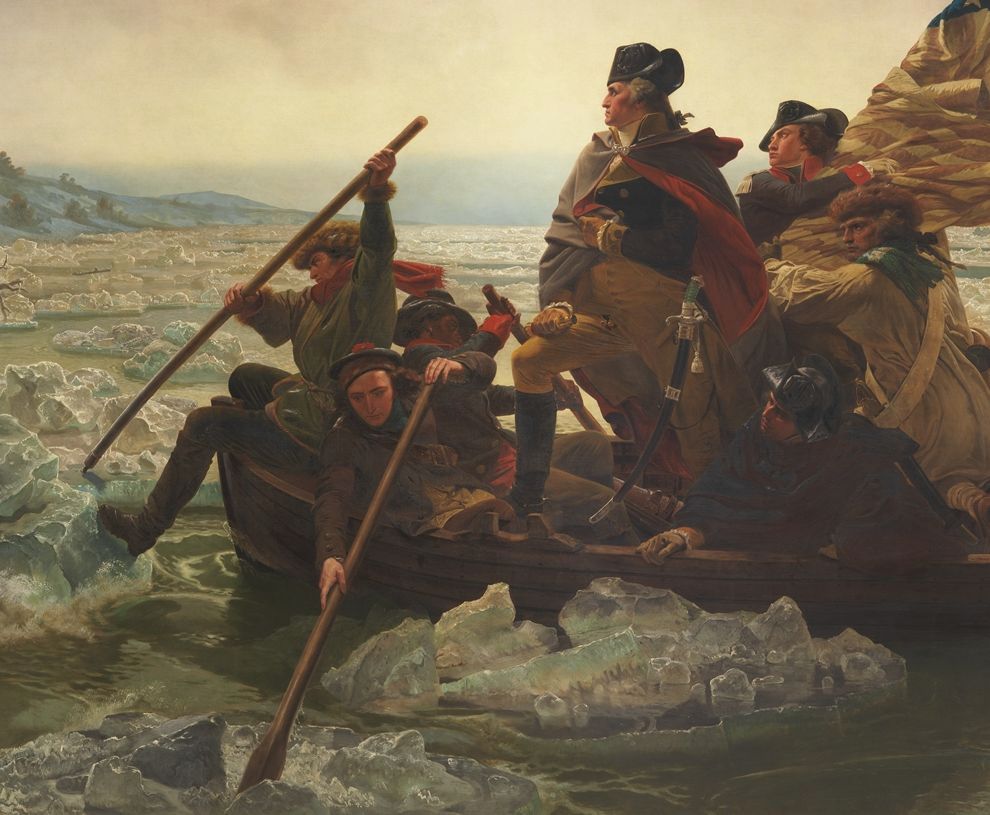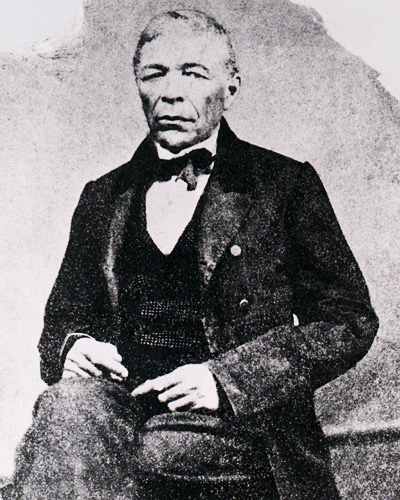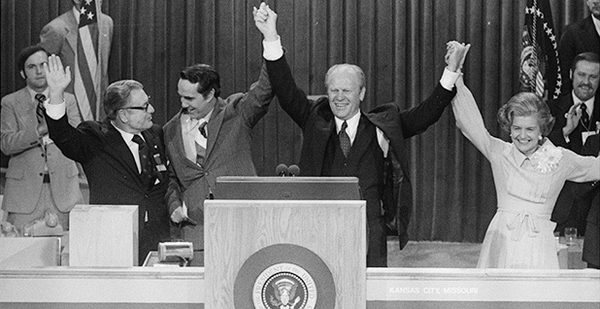Editor’s Note: Nancy L. Schultz is a retired professor and chair of the Swampscott Historical Commission, which is working with other local partners to save the General John Glover Farmhouse. For more information, see SavetheGlover.org.

Editor’s Note: Nancy L. Schultz is a retired professor and chair of the Swampscott Historical Commission, which is working with other local partners to save the General John Glover Farmhouse. For more information, see SavetheGlover.org.

Editor’s Note: The author of 13 books, Patrick K. O’Donnell is one of our leading military historians. His fascinating book about the crucial role that John Glover and the Marblehead men played in the Revolution, The Indispensables: The Diverse Soldier-Mariners Who Shaped the Country, Formed the Navy, and Rowed Washington Across the Delaware, reads like David McCullough’s 1776 and Stephen Ambrose’s Band of Brothers. We are delighted to publish this essay adapted from the book.

Editor's Note: Michael Wolraich is a journalist and author based in New York City. The following was adapted and condensed from his recent book, The Bishop and the Butterfly: Murder, Politics, and the End of the Jazz Age.

Editor’s Note: Steve Inskeep is the host of NPR's Morning Edition. His previous essay in America Heritage was “The Frémonts Open the West” in the Winter 2020 issue. He has recently published Differ We Must: How Lincoln Succeeded in a Divided America, from which this essay was adapted.

Editor’s Note: Jack Farrell’s biography of Richard Nixon was a finalist for the Pulitzer Prize. Before writing five highly regarded biographies, Mr. Farrell covered every presidential campaign from 1976 through 2012 as a reporter for the Denver Post and Boston Globe.
Imagine it is April 30, 1789, a sunny spring day, and you are a European who has traveled to New York to see the inauguration of George Washington as the first president of the United States. Standing in the crowd in front of Federal Hall on Wall Street, you are watching the beginning of an experiment in governance unlike any in the history of the world. Four million people, spread out over thirteen colonies stretching from New England to Georgia, have separated themselves from the world’s greatest power and then invented a new nation from scratch. That all by itself makes the United States unique and also makes it impossible to predict what might happen next.
I believe that the greatness of the United States is not rooted in the country’s original governing institutions. Nor is the nation’s genius located in its Founding Fathers whose destructive errors of judgement set the nation on a chaotic road to Disunion.
The wisdom of America at its inception is properly rooted in its laboring classes and the remarkable array of social movements and traditions of resistance to tyranny and corruption that they established—and continue to establish in our own time. Foremost among these were insurgencies created by ordinary people who understood that their struggles were intimately tied to people’s movements against despotism throughout the world.
Editor’s Note: After a distinguished career as a journalist, television commentator, and president and editor-in-chief of Congressional Quarterly, Robert Merry turned to writing history. He has authored five books, including most recently Decade of Disunion: How Massachusetts and South Carolina Led the Way to Civil War, 1849-1861.
On a June day in 1630, a great English ship called the Arbella completed a two-month journey across the Atlantic Ocean and entered Massachusetts Bay with a contingent of English families and all their worldly possessions. It transported also the farm animals and equipment needed to carve a slice of the New World wilderness into a fledgling society. Thus began a harrowing adventure that would be a milestone in the history of Anglo-Saxon America.